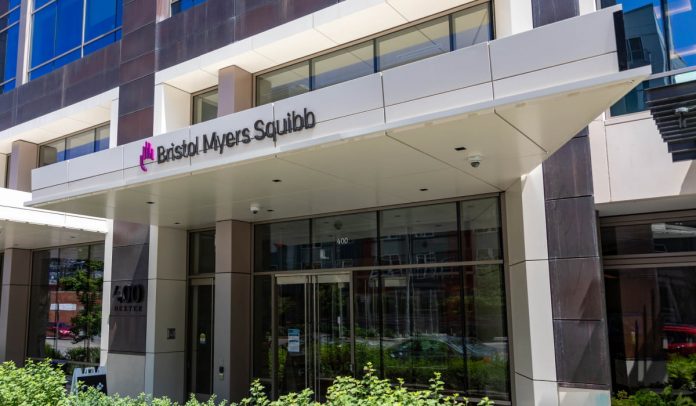A U.S. judge on Friday refused to dismiss a $6.4 billion lawsuit accusing Bristol Myers Squibb Co of delaying its Breyanzi cancer drug to avoid payments to shareholders of the former Celgene Corp, which the drugmaker bought for $80.3 billion in 2019.
U.S. District Judge Jesse Furman in Manhattan rejected Bristol Myers’ claim that it was never properly notified about its alleged default on its merger obligations by UMB Bank NA, the trustee representing the former Celgene shareholders.
Bristol Myers and its lawyers did not immediately respond to requests for comment.
The case arose from the company’s agreement to pay Celgene shareholders holding “contingent value rights” an extra $9 per share in cash if it won U.S. approval by specified deadlines for Breyanzi and two other Celgene drugs.
While two of the drugs were approved by the deadlines, UMB said the New York-based company failed to use the required “diligent efforts” to obtain approval for Breyanzi by Dec. 31, 2020, and reaped a “windfall” by avoiding the extra payout.
The trustee said Bristol Myers had delayed the submission of critical information to the U.S. Food and Drug Administration, and failed to prepare its manufacturing plants for inspections.
Bristol said the lawsuit must be dismissed because its agreement to pay the Celgene shareholders had expired.
But the judge said the agreement explicitly provided that UMB could sue, and that Bristol Myers was not excused from material breaches that predated the agreement’s expiration.
“(Bristol Myers) cites no authority to support the proposition that a breach of a contract cannot, as a matter of law, ‘continue’ after termination of the contract,” Furman wrote.
David Elsberg, a lawyer for UMB, said the trustee was “delighted” and looked forward to proving its case.
Bristol Myers won FDA approval for Breyanzi on Feb. 5, 2021, to treat non-Hodgkin’s lymphoma. Its chemical name is lisocabtagene maraleucel.

